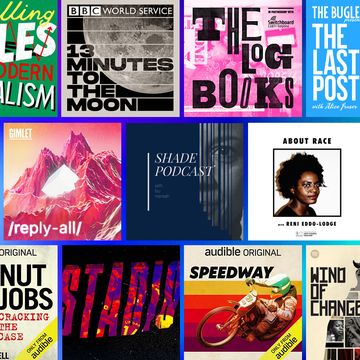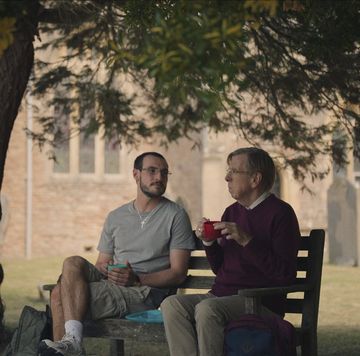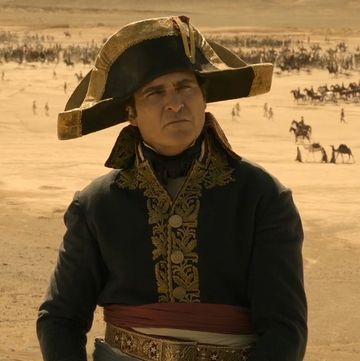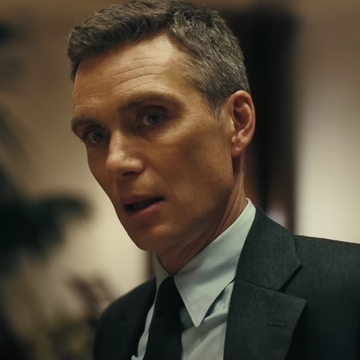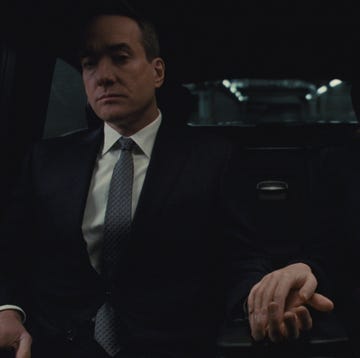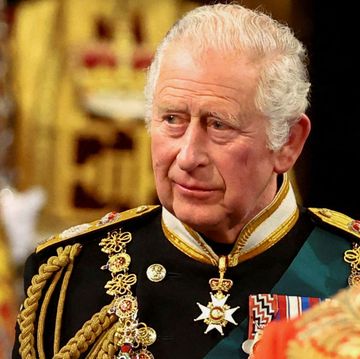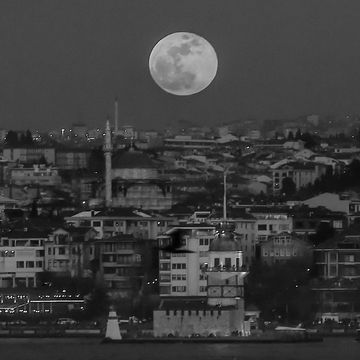Disney, NBC Universal, Warner Bros, Viacom and other media groups have published letters declaring their opposition to legislation designed to fight 'deepfake' porn videos.
Deepfake videos use AI technology to superimpose someone's face onto the body of a porn performer. The face is usually that of a celebrity, but tools have surfaced on the internet which allow the layman to make it look like anyone they have a headshot of is acting in porn without their consent. Opponents compare deepfakes to revenge porn and the stealing of celebrities' nude photos.
However, studios are against New York Assembly Bill A08155B, which "establishes the right of privacy and the right of publicity for both living and deceased individuals" and would set up protections around "an individual's persona" which "is the personal property of the individual and is freely transferable and descendible". Basically, it says you can't just make a digital copy of someone and whack it into a film without their permission.
However the studios say the bill, which would be effective in New York State, isn't specific enough in its wording and run counter to the First Amendment of the Constitution.
"The bill would create entirely unprecedented rights to control the use of 'digital replicas' and the use of celebrity images in sexually explicit material, which while presumably well-intended threaten expressive activities as a result of undefined, vague or otherwise problematic statutory language," Lisa Pitney, The Walt Disney Company's Vice President for Government Relations, wrote in a letter to New York State Senator Martin Golden on Friday.
NBC Universal's memorandum in opposition to the bill, also published on Friday, echoed Disney's letter, saying that the bill would "would seriously jeopardise our ability to tell stories about real people."
NBC Universal's letter says the bill would make New York a "significantly more risky" place to make films, "will chill creativity and investment" and "creates unprecedented restrictions on creativity and technological innovation without time for analysis of the implications".
It goes on to take issue with the underlying point of the bill itself: "NBCUniversal respectfully disagrees that there is an actual pressing problem involving unauthorised 'digital replicas' of people that warrants rushed legislative intervention."
So why are all these companies so angsty about the bill? There's a fairly hefty pointer in NBC Universal's letter. "These ambiguities are virtually guaranteed to result in years of litigation over whether biopics depicting performers, musicians or athletes may be created using special effects technologies, creating an unconstitutional chilling effect on uses of innovative new technologies in films or television shows."
If you've seen Rogue One: A Star Wars Story, you'll know that Disney put a lot of time and money into magicking up a computer-generated Peter Cushing, who'd been dead for 22 years when Rogue One came out, as well as bodging Carrie Fisher's face onto another actor's body.
The studios are bristling at the idea that they won't have the latitude to do that in the future, and perhaps also fear that the legislation would stop them developing live experiences like the hologram of Roy Orbison that's set to head around North America next year.
It's a fight which has a long, long way to run - but the issue of who has the rights to your digital image affect everyone.


